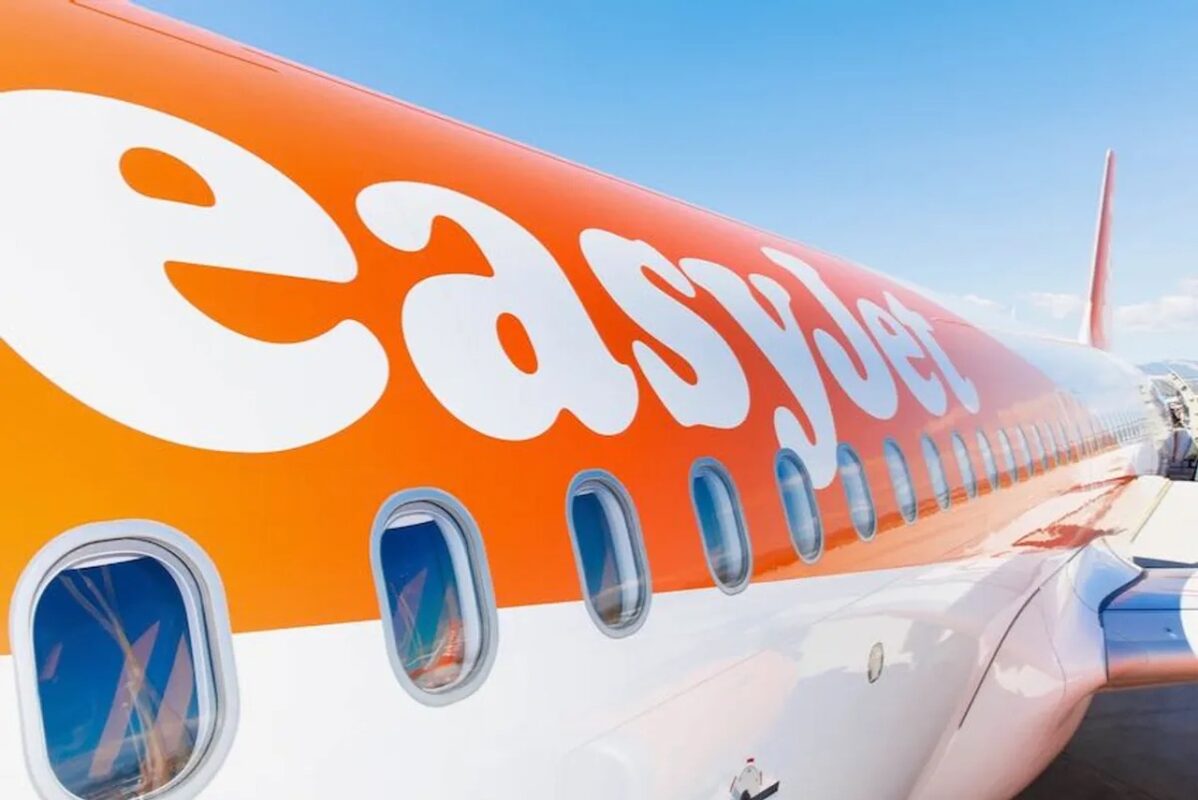From commendations on affordability to insights into customer service, this comprehensive EasyJet reviews provide valuable perspectives for those considering their next flight.
EasyJet’s recently opened Integrated Control Centre (ICC) operations in Luton is more efficient thanks to AI (Artificial Intelligence). Everyday practices needed to manage around 2,000 Luton flights every day will be enhanced with faster and better decision-making to improve the customer experience.
For example, tools to help predict standby crew requirements and a crew planning tool which helps to recommend and select the best crew options for the needs of the operation.
More than 250 specialists work in the 24/7 control centre managing more than 340 easyJet aircraft flying up to 300,000 customers to 35 countries on more than 1000 routes to 155 airports every day.
The new state-of-the-art facility houses experts working across the operation to get flights off the ground and to their destination, safely and on time. Roles in the centre range from route planners, crewing teams to ensure pilots and crew are correctly allocated to flights, teams dealing with aircraft allocation and aircraft maintenance as well as live customer communications.
easyJet’s teams now have a calm environment with limited noise, natural daylight, dark desks, reclining chairs, and dark green walls and ceiling to promote relaxation.
A new generative AI tool called Jetstream gives instant access to policies, procedures and information to enable them to solve operational issues as they occur. In the coming months, AI-led technology will be placed in the hands of crew members too. This tool contains the information from eight operational manuals to aid ICC with a wealth of information making around 3,000 pages of manuals available at their fingertips like never before.
Johan Lundgren, CEO of easyJet, commented:
“We are really pleased to have our new operations control centre up and running in time for the summer season ramp up, providing our operational team with a modern and bespoke facility from which to manage up to 13,000 flights a week.
“At easyJet, we saw the potential early on for data to improve customer experience and operational efficiency which could help us provide a better flying experience for our customers, crew and pilots. And while you can’t always see it, the technology is already hard at work in the air and on the ground helping us predict exactly what food and drink we need for certain routes while minimising food waste, aiding predictive maintenance decisions and helping us to ensure we have the right aircraft on the right routes to best match demand.
“We continue to invest in and deepen our knowledge and use of AI, with a rapid deployment team working on 250 live use cases across our operations and scheduling, customer service, the booking experience and easyJet holidays.”
Gill Baudot, Director of Network Control, for easyJet said:
“Each and every day my whole team are responsible for, and entirely focused on, safely getting more than a quarter of a million passengers to their destinations, navigating the many and varied challenges that Europe’s busy and complex airspace can bring.
“Providing our people with generative AI solutions at their fingertips helps to speed up decision making to solve operational issues as they occur and we can see many ways to further build on the progress we have already made and enhance this in the near future.”
AI’s predictive qualities are already freeing up over a million additional seats a year. Every month, thousands of planes are swapped, making sure larger capacity aircraft with up to around 50 more seats on each plane are deployed where AI predicts there is additional demand for seats on the most popular routes.
The result is cheaper fares and planes fly fuller.
easyJet has been using predictive maintenance for many years to indicate when parts need to be replaced thereby avoiding technical delays and AI is also helping to predict where standby crews are needed in advance, minimising delays and disruption costs.
Aircraft are also being fitted with new software that helps them interact in real time with air traffic control across Europe . This helps to pinpoint precise aircraft locations with much more accuracy helping speed journeys and reduce emissions.
You may also like to read:
- Who has control over the armrest on an airplane
- easyjet is the first airline to use technology to reduce delays, flight times and emissions
Source : https://www.thetravelmagazine.net/easyjet-ai-will-improve-customer-experience-at-the-new-integrated-control-centre-in-luton/


